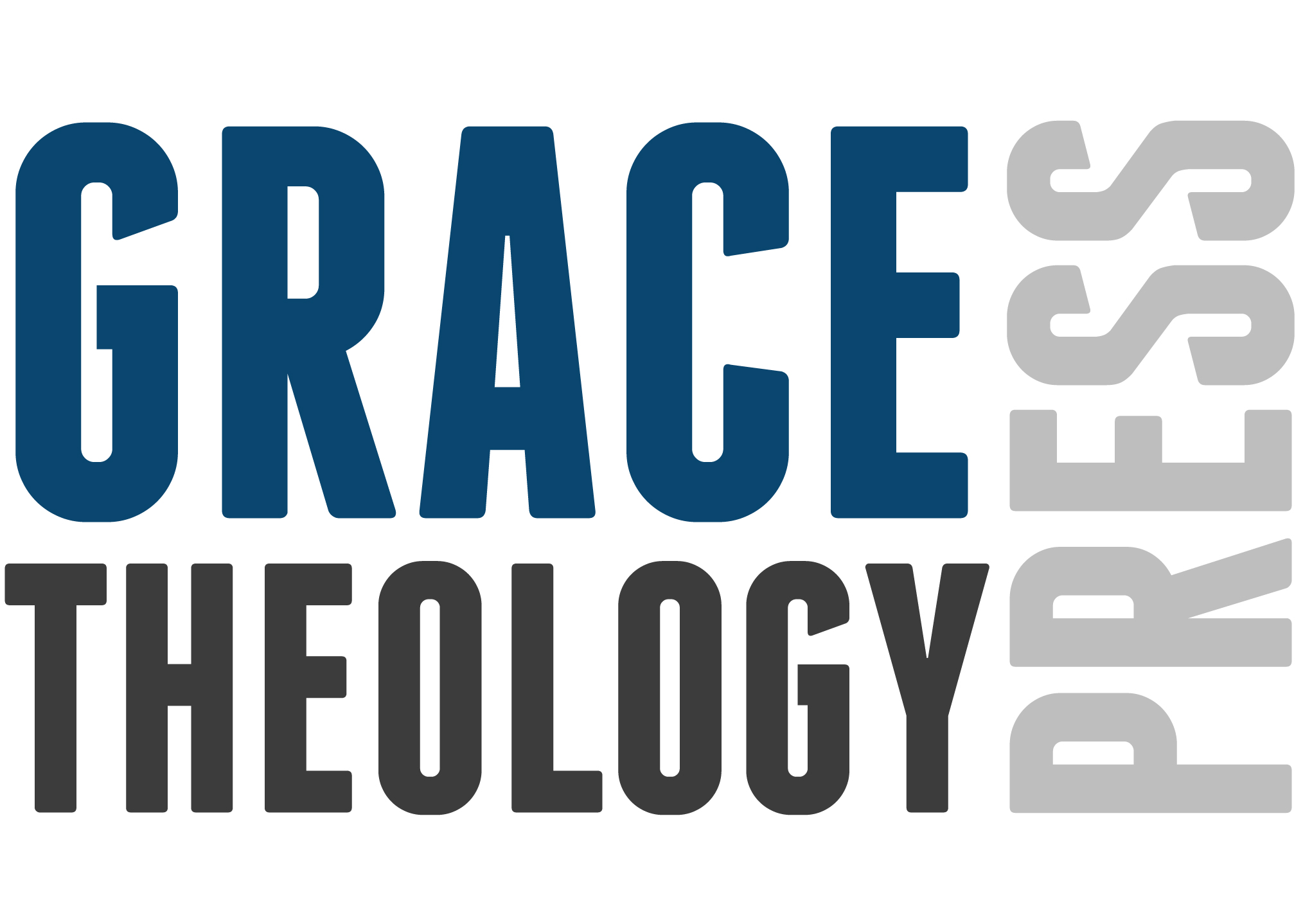The biggest breach in publishing is plagiarism. This week Dr. (Father) Peter O’Brien, famed Anglican New Testament scholar, admitted to unintentional plagiarism. Eerdmans Publishing has pulled and will destroy three of his major commentaries (all of which I have used with tremendous benefit in the past).
Over the past 24 years of teaching seminary, I have discovered that students do not really have a full idea of what plagiarism means. Let me QUOTE you a definition and description from Plagiarism.org (see also the Merriam dictionary):
“TO ‘PLAGIARIZE’ MEANS
- to steal and pass off (the ideas or words of another) as one’s own
- to use (another’s production) without crediting the source
- to commit literary theft
- to present as new and original an idea or product derived from an existing source
In other words, plagiarism is an act of fraud. It involves both stealing someone else’s work and lying about it afterward.
BUT CAN WORDS AND IDEAS REALLY BE STOLEN?
According to U.S. law, the answer is yes. The expression of original ideas is considered intellectual property and is protected by copyright laws, just like original inventions. Almost all forms of expression fall under copyright protection as long as they are recorded in some way (such as a book or a computer file).
ALL OF THE FOLLOWING ARE CONSIDERED PLAGIARISM:
- turning in someone else’s work as your own
- copying words or ideas from someone else without giving credit
- failing to put a quotation in quotation marks
- giving incorrect information about the source of a quotation
- changing words but copying the sentence structure of a source without giving credit
- copying so many words or ideas from a source that it makes up the majority of your work, whether you give credit or not.”
I remember when I first taught a course on Soteriology in seminary. I provided a cover sheet to my syllabus and collection of “my” notes and handouts and said, “Almost everything I will say or write for this course I have learned from someone else. I just don’t always remember where I got it from.” I then gave a list of seven of my former teachers as the source. I hoped I was covered!
Obviously, there is a danger in writing and speaking as well as preaching. I imagine right now you are thinking through some of your past usage of “support material”!
Plagiarism is not simply a professional or ethical breach; it is also a personal issue of sin. It essentially involves stealing, lying, deceiving, fraud, and hypocrisy. These sound like sins according to biblical admonitions. Often the reason for these sins and for plagiarism is to look good to or be accepted by the audience. Sometimes it is just for greed. Another sin, as I recall.
When I was in seminary taking a course on homiletics (theory of preaching), students would give sermonettes in front of the class with the professor at the back taking notes to share at the end of the sermon to help students learn how to preach more effectively. (Definitely not a “safe space.”) At the end of one student’s sermon we shared our insights and comments, seeking to encourage him but also in hopes that he might do the same for us when our turn came. Then the professor said to the student preacher, “That was a very good sermon. I remember the first time I heard Chuck Swindoll give that sermon and he did a good job as well.”
We were all silent and stunned at the apparent omniscience of the professor who seemed to always know all things homiletical. It was like the prof had heard and knew everything. He did not, but God does. He knows everything and is everywhere. He knows what we do and why we do what we do.
Plagiarism in any form is a matter of the heart. Even if publishers or plagiarism checking software or an audience do not know your heart or the external source, the Lord does. Let us preach for and write for an audience of One!
Serving Him with you until He comes for us,
Fred Chay, PhD
Managing Editor, Grace Theology Press














